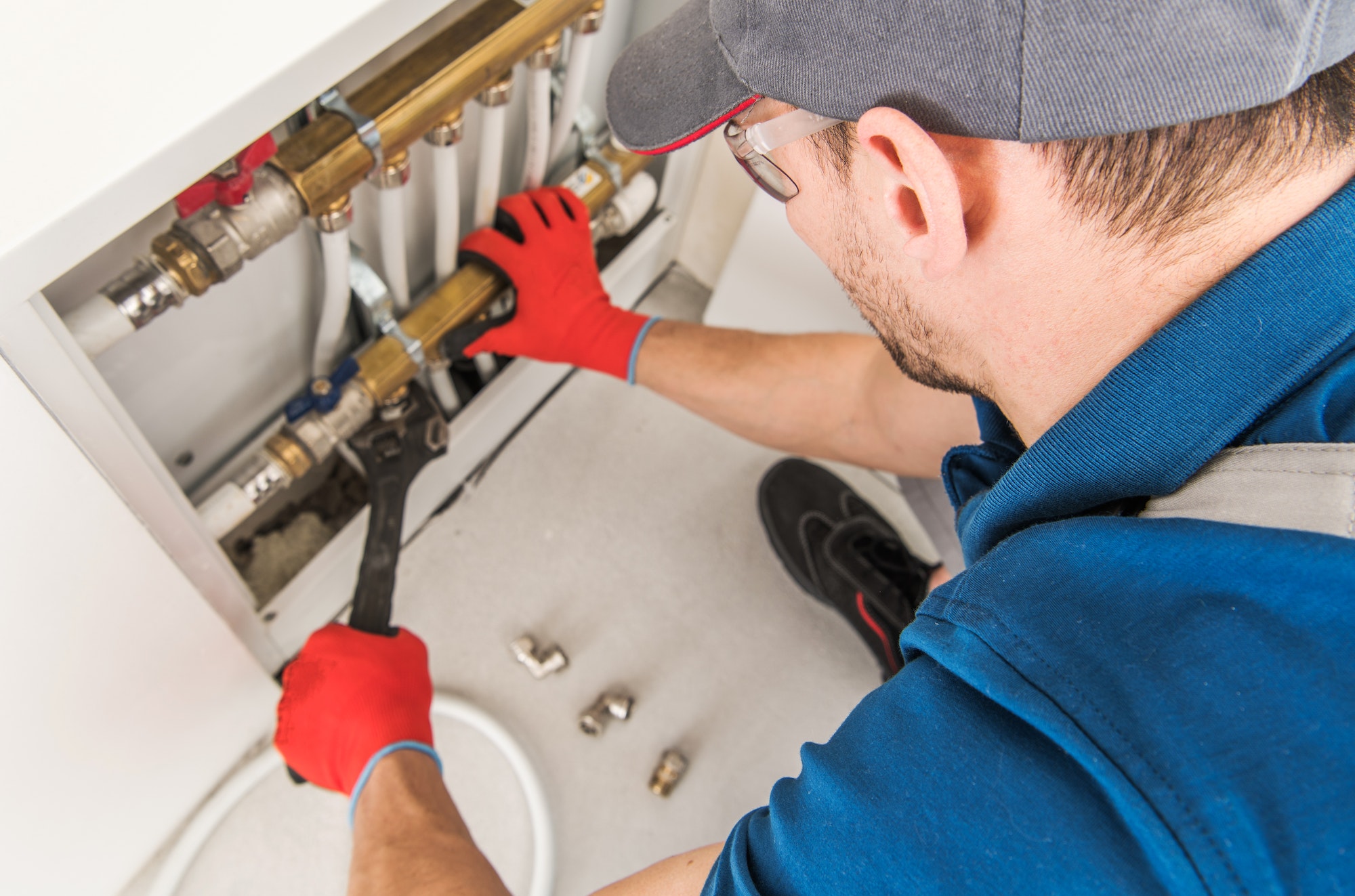Every homeowner knows because plumbing issues can strike at the most inconvenient inconvenient moments. Ranging from clogged drains to burst pipes, these problems can quickly turn into expensive headaches if not managed properly. However, with a little understanding and a few DIY skills, numerous common plumbing challenges can be tackled with simplicity. In this piece, we will explore important plumbing hacks that all homeowner should know to keep their waterworks running smoothly.

Grasping the basics of plumbing and being prepared for emergencies can help you save you time and money. Whether you're facing the consequences of a holiday plumbing disaster or looking to upgrade your fixtures during the summer, having the right tools and tips at your disposal makes all the impact. We will cover everything from ways to prevent clogged drains before they happen to spotting the signs of a hidden leak, making sure you are equipped to maintain your plumbing efficiently.
Typical Pipe Issues and Solutions
One of the most frequent plumbing issues homeowners encounter is a obstructed drain. Kitchen basins and bathroom fittings often become blocked due to a buildup of fat, strands, and soap residue. To tackle this issue, start by using a plunger to try to unblock the obstruction. If that does not work, a mixture of sodium bicarbonate and acetic acid can help break down the gunk. Regularly cleaning your drains and using drain guards can stop clogs from happening.
Another common issue is low water pressure, which can be annoying when trying to do the dishes or take a bath. This problem may be due to mineral accumulation in the tubes or a malfunctioning pressure regulator. To diagnose, check your tap aerators and shower heads for any debris and clean them. If the issue remains, it may be time to inspect your plumbing system for leaks or consider the possibility of needing a pressure enhancer.
In conclusion, hidden leaks can lead to significant water damage and high water bills. Watch for signs such as wet spots on walls or ceilings, fungus growth, or a unexpected increase in your water bill without explanation. To locate hidden leaks, inspect your home’s water meter and observe it for changes while all water usage is stopped. If you suspect a drip and cannot detect it, it’s advisable to call a professional plumber to carry out a thorough check-up.
Crucial Care Tips for Property Owners
Regular maintenance is key to preventing plumbing complications in your property. One of the most tasks is to inspect your pipes for visible signs of wear or drips. Examine areas under sinks and around appliances regularly, as these are typical places for problems to occur. Additionally, confirm that your water pressure is at a healthy level; abnormally high pressure can lead to leaks or broken pipes.
Another important upkeep step is to service your hot water system. Draining the tank at least one time a year can assist eliminate sediment buildup, which enhances efficiency and extends its lifespan. https://zenwriting.net/lampmakeup2/ways-to-stop-common-plumbing-problems-before-they-start is also smart to check signs of damage, such as corrosion or drips, which may indicate it's time for repair or substitution. Be sure to stick to the manufacturer’s guidelines for maintenance to avoid any accidents.
Blocked drains can lead to annoying plumbing disasters if not taken care of promptly. To avoid blockages from happening, try using filters in sinks and bathtubs to collect hairs and leftovers. Consistently pouring a mixture of acetic acid and sodium bicarbonate down your pipes can assist break down buildup and keep your pipes flowing smoothly. Taking these proactive measures can protect you from expensive repairs down the line.
Emergency Plumbing Situations and Prevention
When unexpected plumbing emergencies happen, such as burst pipes or severe leaks, knowing how to react quickly can prevent extensive damage to your home. Your initial step should be to locate and shut off the main water line to minimize water leakage and potential flooding. Having an emergency cut-off valve handy and understanding how to use it can save you from a catastrophic situation. Additionally, carrying a basic toolkit with essentials like wrenches, wrenches, and plumber's tape can come in handy until a plumber gets there.
Preparation is crucial to avoiding many frequent plumbing emergencies. Regular maintenance, such as checking your water heater for sediment buildup or inspecting pipes for signs of damage, can help identify possible issues before they become serious. Draining your water heater periodically and making sure your plumbing system is winter-ready by covering pipes can also stop future emergency situations. Recognizing the early warning signs, like unusual noises or clogged drains, allows homeowners to act quickly and prevent larger problems.
While many homeowners may be tempted to tackle plumbing issues on their own, understanding when to reach out to a licensed plumber is critical. If you encounter ongoing low water pressure, recurring leaks, or issues beyond simple repairs, it’s wise to consult a licensed plumber who can fix the problem efficiently. Relying on a licensed expert ensures that the work is not only done correctly but may also stop further complications down the line.
